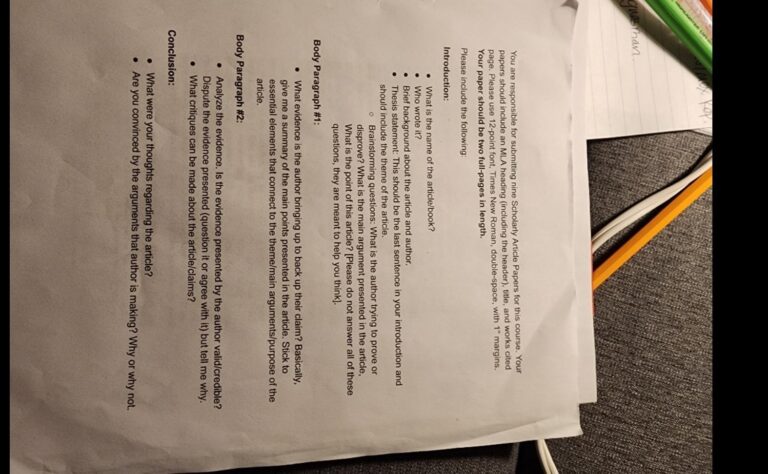In a significant development in the ongoing graft investigations in Mauritius, former central bank governor, Harvesh Seegum, has been arrested as authorities intensify their crackdown on corruption within the nation’s financial institutions. The arrest, reported by APAnews, marks a pivotal moment in the probe, which has unearthed allegations of widespread financial misconduct linked to high-ranking officials. As the government vows to uphold transparency and accountability, the case further underscores the urgent need for reform in the country’s economic governance. With public trust eroded and scrutiny mounting, the investigation promises to shine a light on the intricate web of corruption that has plagued Mauritius, raising questions about the future of its financial integrity.
Mauritius Graft Probe Intensifies with Arrest of Former Central Bank Governor
The ongoing investigation into corruption in Mauritius has taken a dramatic turn following the arrest of a notable figure, the former governor of the central bank. This high-profile arrest signals a deeper delve into allegations surrounding malpractices within financial institutions, as authorities intensify their scrutiny of significant economic players. Reports suggest that the inquiry centers around money laundering, fraudulent practices, and misappropriation of funds, with multiple entities being called to provide evidence as the investigation unfolds.
Legal experts indicate that this development could lead to a series of additional arrests as investigators follow the trail of financial misconduct. The implications of this probe are far-reaching, potentially shaking the foundations of trust in the nation’s banking sector. Key points in this investigation include:
- Increased transparency in public offices.
- Role of international financial bodies in oversight.
- Possible reforms in financial regulations.
Implications of High-Level Corruption on Mauritius’ Economic Stability
The recent arrest of Mauritius’ former central bank governor has ignited serious concerns regarding the implications of high-level corruption on the nation’s economic stability. As Mauritius grapples with the fallout of this scandal, the potential ramifications threaten to undermine investor confidence and disrupt economic growth. High-profile corruption can lead to significant capital flight, as foreign investors may seek safer environments for their investments, further jeopardizing the country’s financial health. The erosion of trust in public institutions can also deter local entrepreneurs, limiting opportunities for innovation and growth within the economy.
Moreover, the impact of corruption often extends beyond immediate financial losses. Social unrest may arise as public discontent grows over perceived injustices and the misappropriation of resources. As citizens demand accountability, government focus may shift from essential developmental projects to crisis management, creating a vicious cycle that hinders progress. The potential repercussions of a tarnished reputation on Mauritius may include:
- Reduced foreign direct investment
- Increased cost of borrowing
- Declining tourism revenue
- Potential downgrading of credit ratings
| Economic Indicators | Before Scandal | Projected Post-Scandal |
|---|---|---|
| GDP Growth Rate | 4.0% | 2.5% |
| Foreign Investment | $500 million | $300 million |
| Tourism Growth | 7% | 3% |
In summary, the implications of high-level corruption in Mauritius are multifaceted, presenting challenges that could severely affect the nation’s economic trajectory. Immediate action, transparency, and robust reforms will be crucial for mitigating these potential fallout and restoring confidence among both domestic and international stakeholders.
Recommendations for Strengthening Accountability and Transparency in Financial Institutions
The recent developments surrounding the arrest of a former central bank governor in Mauritius underscore the pressing need for enhanced measures to ensure oversight within financial institutions. It is crucial for these institutions to implement robust internal controls and establish rigorous auditing practices that bolster integrity. Key strategies include:
- Regular Audits: Conducting frequent and independent audits to ensure compliance with financial regulations.
- Whistleblower Protections: Establishing secure channels for employees to report unethical practices without fear of retaliation.
- Transparency Reports: Publishing detailed reports on financial operations and decision-making processes accessible to the public.
Furthermore, fostering a culture of accountability through training and development can empower staff at all levels to uphold ethical standards. Financial institutions should prioritize:
- Cultural Change Initiatives: Promoting ethical behavior and accountability through workshops and training sessions.
- Stakeholder Engagement: Involving stakeholders in discussions about governance practices to enhance public trust.
- Enhanced Regulatory Frameworks: Working closely with governing bodies to refine regulations that ensure transparency and accountability at all levels.
Insights and Conclusions
In the wake of the recent developments surrounding the graft probe in Mauritius, the arrest of the former central bank governor marks a significant escalation in the investigation into alleged financial misconduct within the country’s leadership. As authorities continue to delve deeper into the intricacies of the case, the implications for the nation’s economic governance and public trust remain profound. With calls for transparency and accountability resonating across the political landscape, it is clear that this situation will not only test the robustness of Mauritius’s legal frameworks but also its commitment to upholding integrity at the highest levels of public service. As the investigation unfolds, all eyes will be on both the findings and the actions that follow, pivotal moments that could redefine governance in Mauritius. Further updates will be crucial as this story develops.







